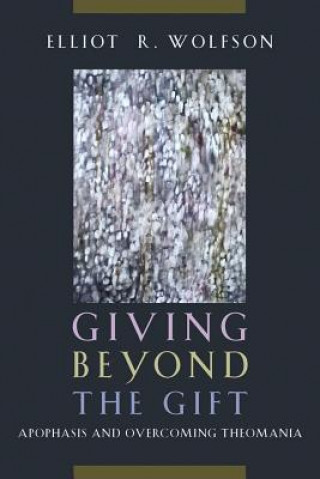
Kód: 04941395
Giving Beyond the Gift
Autor Elliot R. Wolfson
This book explores the co-dependency of monotheism and idolatry by examining the thought of several prominent twentieth-century Jewish philosophers - Cohen, Buber, Rosenzweig, and Levinas. While all of these thinkers were keenly a ... celý popis
- Jazyk:
 Angličtina
Angličtina - Väzba: Brožovaná
- Počet strán: 576
Nakladateľ: Fordham University Press, 2014
- Viac informácií o knihe

44.87 €
Bežne: 49.90 €
Ušetríte 5.02 €

Skladom u dodávateľa
Odosielame za 14 - 18 dní
Mohlo by sa vám tiež páčiť
-

Golfer's Mind
10.11 € -23 % -

G8, the United Nations, and Conflict Prevention
57.76 € -

Homestyle Amish Kitchen Cookbook
16.55 € -4 % -

Cyberfiction
70.74 € -

Two Octaves Book for Cello
16.86 € -

Reprise Of The Spear Hero Volume 01: Light Novel
12.36 € -18 % -
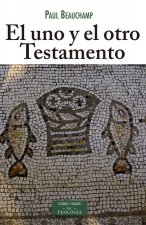
El uno y el otro Testamento : cumplir las Escrituras
43.34 €
Darujte túto knihu ešte dnes
- Objednajte knihu a vyberte Zaslať ako darček.
- Obratom obdržíte darovací poukaz na knihu, ktorý môžete ihneď odovzdať obdarovanému.
- Knihu zašleme na adresu obdarovaného, o nič sa nestaráte.
Viac informácií o knihe Giving Beyond the Gift
Nákupom získate 111 bodov
 Anotácia knihy
Anotácia knihy
This book explores the co-dependency of monotheism and idolatry by examining the thought of several prominent twentieth-century Jewish philosophers - Cohen, Buber, Rosenzweig, and Levinas. While all of these thinkers were keenly aware of the pitfalls of scriptural theism, to differing degrees they each succumbed to the temptation to personify transcendence, even as they tried either to circumvent or to restrain it by apophatically purging kataphatic descriptions of the deity. Derrida and Wyschogrod, by contrast, carried the project of denegation one step further, embarking on a path that culminated in the aporetic suspension of belief and the consequent removal of all images from God, a move that seriously compromises the viability of devotional piety. The inquiry into apophasis, transcendence, and immanence in these Jewish thinkers is symptomatic of a larger question. Recent attempts to harness the apophatic tradition to construct a viable postmodern negative theology, a religion without religion, are not radical enough. Not only are these philosophies of transcendence guilty of a turn to theology that defies the phenomenological presupposition of an immanent phenomenality, but they fall short on their own terms, inasmuch as they persist in employing metaphorical language that personalizes transcendence and thereby runs the risk of undermining the irreducible alterity and invisibility attributed to the transcendent other. The logic of apophasis, if permitted to run its course fully, would exceed the need to posit some form of transcendence that is not ultimately a facet of immanence. Apophatic theologies, accordingly, must be supplanted by a more far-reaching apophasis that surpasses the theolatrous impulse lying coiled at the crux of theism, an apophasis of apophasis, based on accepting an absolute nothingness - to be distinguished from the nothingness of an absolute - that does not signify the unknowable One but rather the manifold that is the pleromatic abyss at being's core. Hence, the much-celebrated metaphor of the gift must give way to the more neutral and less theologically charged notion of an unconditional givenness in which the distinction between giver and given collapses. To think givenness in its most elemental, phenomenological sense is to allow the apparent to appear as given without presuming a causal agency that would turn that given into a gift.
 Parametre knihy
Parametre knihy
Zaradenie knihy Knihy po anglicky Humanities Religion & beliefs Religion: general
44.87 €
- Celý názov: Giving Beyond the Gift
- Podnázov: Apophasis and Overcoming Theomania
- Autor: Elliot R. Wolfson
- Jazyk:
 Angličtina
Angličtina - Väzba: Brožovaná
- Počet strán: 576
- EAN: 9780823255719
- ISBN: 0823255719
- ID: 04941395
- Nakladateľ: Fordham University Press
- Hmotnosť: 812 g
- Rozmery: 235 × 234 × 41 mm
- Dátum vydania: 03. February 2014
Obľúbené z iného súdka
-

Waking Up
10.93 € -24 % -
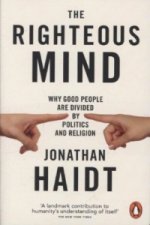
The Righteous Mind
14.41 € -23 % -

End of Faith
9.91 € -17 % -

Death
6.33 € -
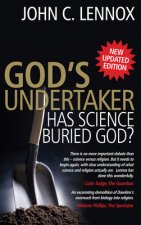
God's Undertaker
12.26 € -23 % -
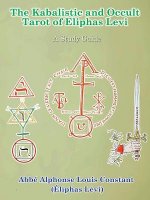
Kabalistic and Occult Tarot of Eliphas Levi
32.09 € -

Anarchy Evolution
15.33 € -21 % -
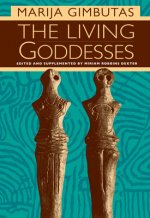
Living Goddesses
36.29 € -12 % -

Original Aramaic New Testament in Plain English with Psalms & Proverbs (8th Edition Without Notes)
35.57 € -

Scientific Healing Affirmations
6.84 € -

Conversations With God
10.93 € -24 % -

The Psychology of Selling
15.53 € -23 % -

As a Man Thinketh
6.53 € -

Holy Bible
60.01 € -

Encyclopedia of Demons in World Religions and Cultures
57.86 € -

American Cosmic
20.75 € -24 % -

Bhagavad Gita
8.37 € -18 % -

Koran
21.87 € -

Secular Age
88.23 € -

Mabon
11.65 € -18 % -

Religion for Atheists
14.20 € -16 % -
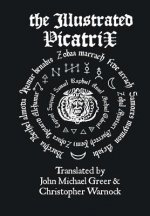
Illustrated Picatrix: the Complete Occult Classic of Astrological Magic
62.66 € -
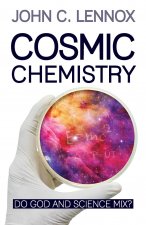
Cosmic Chemistry
16.55 € -23 % -

Princess Majestic Bible Tabs
7.15 € -5 % -
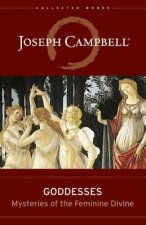
Goddesses
22.79 € -19 % -

You Are the Universe
15.53 € -23 % -

Good Morning, Holy Spirit
16.55 € -23 % -
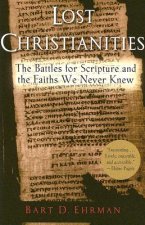
Lost Christianities
18.80 € -19 % -
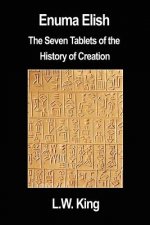
Enuma Elish
19.72 € -

Golden Bough
21.36 € -

Mary Magdalene and the Divine Feminine
16.66 € -3 % -
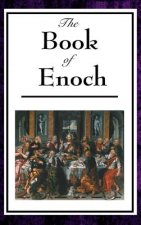
Book of Enoch
24.32 € -
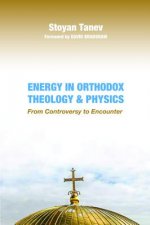
Energy in Orthodox Theology and Physics
42.63 € -

History of God
14.41 € -23 % -

Religions Book
19.93 € -21 % -
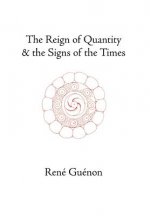
Reign of Quantity and the Signs of the Times
39.15 € -

Magic: History, Theory, Practice
23.81 € -
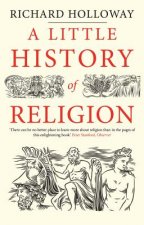
Little History of Religion
13.59 € -16 % -
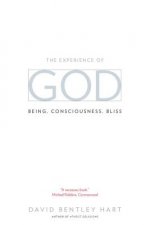
Experience of God
17.78 € -16 % -
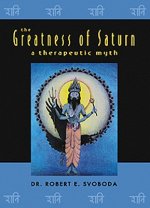
The Greatness of Saturn
13.18 € -19 % -

Dao De Jing
17.37 € -5 % -
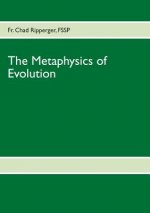
Metaphysics of Evolution
13.79 € -
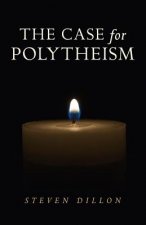
Case for Polytheism
13.18 € -2 % -

History of Israel, Fourth Edition
53.77 € -3 % -

Rightly Dividing the Word (Religion)
36.69 € -

City of God
20.03 € -1 % -

Fallen Angels and the Origins of Evil
18.50 € -3 % -
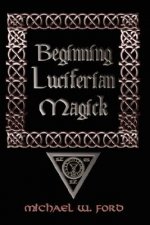
Beginning Luciferian Magick
20.85 € -
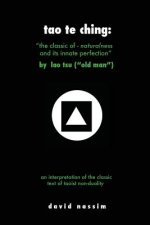
Tao Te Ching - by Lao Tsu
18.80 €
Osobný odber Bratislava a 2642 dalších
Copyright ©2008-24 najlacnejsie-knihy.sk Všetky práva vyhradenéSúkromieCookies


 21 miliónov titulov
21 miliónov titulov Vrátenie do mesiaca
Vrátenie do mesiaca 02/210 210 99 (8-15.30h)
02/210 210 99 (8-15.30h)